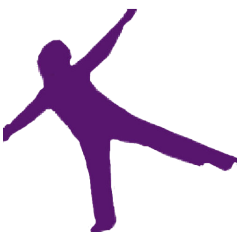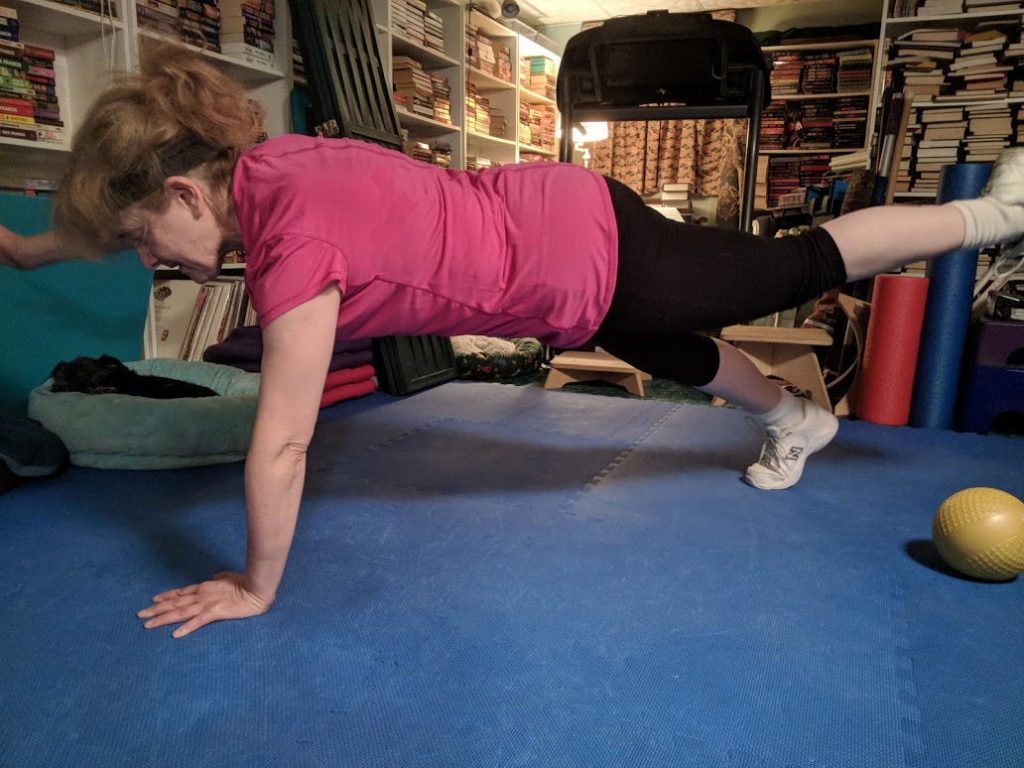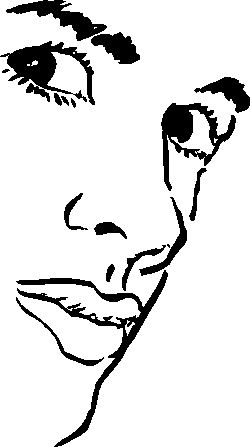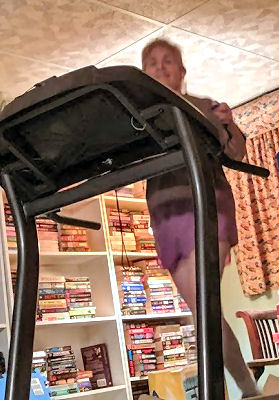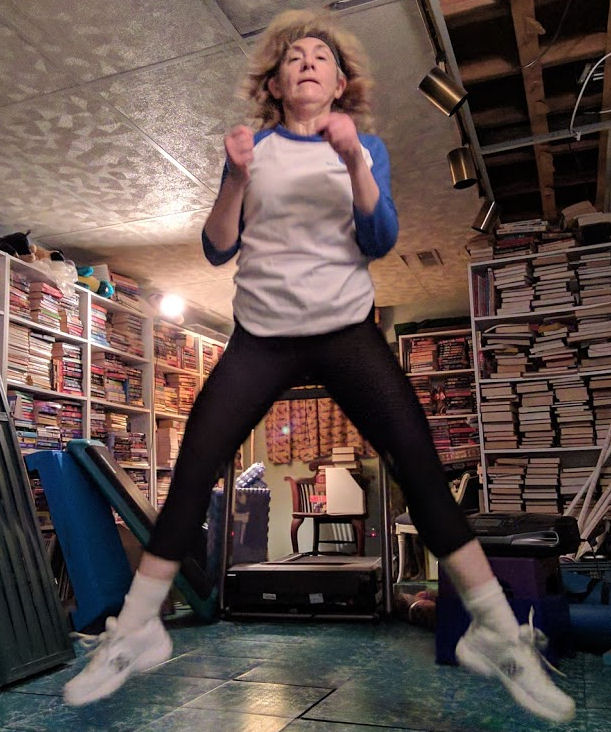Me neither. And we’re not alone. Insomnia is not uncommon, and the pandemic has made it worse.
Our lives have been disrupted. If you worked at an office, chances are you’ve been working from home more. If you care for children, chances are they’ve been doing quite a bit of learning remotely. If you used to go to a gym or health club, chances are they’ve been closed. Restaurants have been closed too, so you may be cooking more. You have a different schedule than you used to. Being stuck inside could mean that you haven’t been exposed to as much natural light as you used to. You may be napping more, which also disrupts your natural circadian rhythm.
Stress also can cause sleeplessness
During normal times we have stress in our lives. And now, even a year after the pandemic began, stress is still with us. We still don’t know exactly what causes the infection, why it affects some people more than others. And while vaccines have been approved, they are not available for much of the population yet. So we’re stressed about catching the coronavirus and spreading it to others. We’re worried about that. We’re worried about the economy. And we toss and turn and lose sleep.
Isolation
Without contact with our friends, family and coworkers, we feel isolated and alone, leading to depression and sleeplessness again. Virtual conferencing is great and better than no contact, but it’s not the same as being in the same room.
Blue light
And we’re probably on our screens more. We’re home, perhaps bored, so we scroll. The blue light from the screens also disrupts production of melatonin, which regulates normal sleep patterns.
Sleep is still important
Even though we may not be going out of the house and seeing people, we still need a good night’s sleep. We think better with seven or eight hours of sleep. Our bodies function better when we sleep. Sleep can reduce the effects of certain mental health conditions like anxiety disorder and bipolar disorder.
How to get a good night’s sleep
So, how do we get that full complement of sleep?
First, maintain a schedule for your day. Humans love routine. It’s comforting to us. So set your routine and stick to it. The same bedtime and awakening time is helpful. Eating meals at the same time every day can also set your biological clock.
Use your bed for sleep. Don’t read in bed and don’t watch TV in bed. Certainly don’t scroll social media in bed. In fact, experts recommend that you shut your screens down an hour before bedtime. And make your bed as appealing as possible. Fresh linens regularly creates an inviting place for sleep. A cool bedroom also is helpful for sleep.
If you’re sensitive to extraneous noises, a fan or white noise machine is also helpful. I have tinnitus and use both.
Spend some time outside in the light and in fresh air. Getting as much natural light helps your body’s natural rhythm. And moving your body during the day is important for overall health, including good sleep. Good nutrition also will benefit your health and promote better sleep.
If you’re tempted to take a nap during the day, try to limit it to 20 minutes or so. Any more than that may disrupt your nighttime sleep.
While it may not seem that it would do much for your sleep pattern, being kind and generous may counter your feelings of anxiety and help you to sleep. Other relaxation techniques like meditation can help too. If you’d like to try meditation but don’t know where to start, short guided meditations are great starting places. Sign up for a guided Garden Meditation here.
So, know that you’re not alone in your sleeplessness. Also know that there are things you can do to improve it. Get some natural light, move your body, turn on your fan, turn off your screens and perhaps go for a brief but peaceful virtual walk in a garden.
